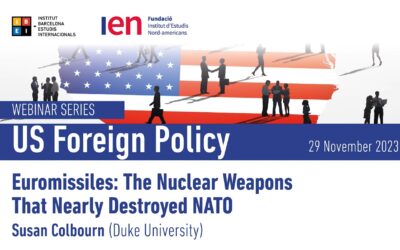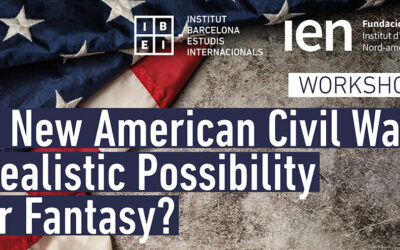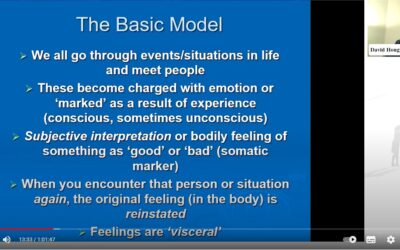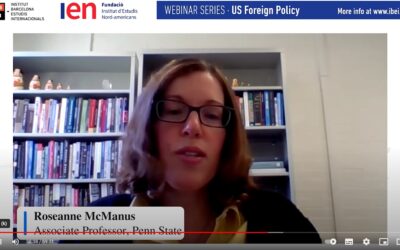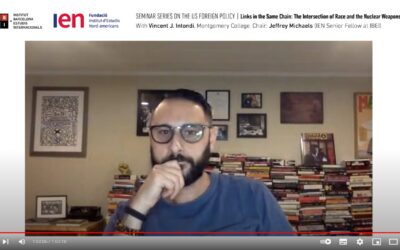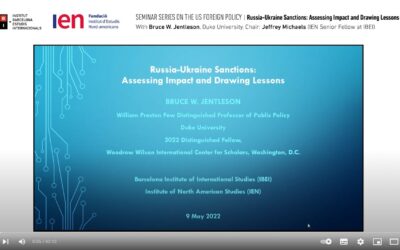“Are we going to fight wars in all these nations?” Citizen Responses from the end of World War II
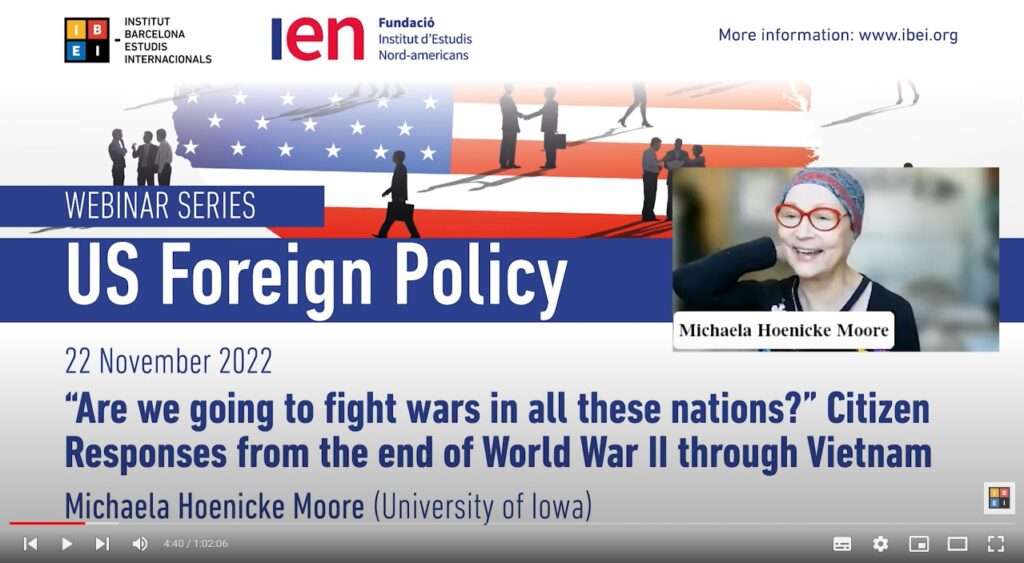
Professor Michaela Hoenicke Moore (University of Iowa)
22nd November 2022
Americans contested their country’s militarized cold war expeditions more vigorously than previously acknowledged. Presidents, secretaries of state, senators and congressmen were inundated with letters of protest and doubt from across the country during the early Cold War, the “police action” in Korea as well as the deepening “quagmire” in Vietnam. Offering contextualized interpretations of this qualitative data, this presentation revises the conclusions of quantitative public opinion analyses that foreground partisan and elite cue models. Instead, self-identified Democrat and Republican voters reflected on their country’s domestic order – economic, racial, and political — and drew on their religious beliefs to articulate critiques of what many understood as imperial overreach and rejected as “acting as the world’s police force”.
Studying foreign policy ideas and debates from the bottom up brings into view the full range of American sentiments and arguments on war, democracy, communism, national values and international responsibilities, revealing a complex, multi-dimensional opinion landscape that defies conventional binaries of conservatives vs. progressives, hawks vs doves, and unilateralism vs multilateralism. Indeed, these dichotomous labels float uneasily atop a much wider, deeper and more entangled body of public opinion that, examined in greater detail, provides us with crucial information about contemporary expressions of American nationalism, ideas about democracy and hopes for the U.S. role in the world.
